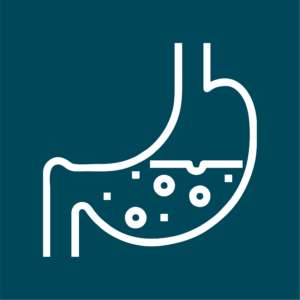Patients
- Upload Prescription
- Request A Call Back
- Book A Test
- Download Report
- TRF For COVID-19
- Feedback
| Laboratory | Exult Diagnostics, Dr. Lal PathLabs |
|---|
₹ 750
| EX0365 CKD (CHRONIC KIDNEY DISEASE) RISK MAP | |||||||
| Specimen: | 15 mL (10 mL min.) aliquot of the first morning or random urine AND 2 mL (1 mL min.) serum from 1 SST. | ||||||
| Stability: |
|
||||||
| Method: | Compensated Jaffe’s reaction, IDMS traceable, Immunoturbidimetry, Calculation | ||||||
| Comment: | For patients above 18 years: the CKD-EPI equation is used for GFR calculation. For patients 18 years & below: the Schwartz equation is used for GFR calculation. | ||||||
| Report: | Contact us to know the TAT. | ||||||
| Usage: | KDIGO guideline, 2012 recommends Chronic Kidney disease (CKD) should be classified based on cause, GFR category, and albuminuria (ACR) category. GFR & ACR categories combined together reflect the risk of progression and help clinicians to identify individuals who are progressing at a more rapid rate than anticipated. It can be a guide to review current management, examine for the reversible cause of progression, and to determine frequency & duration of follow-up. Individuals who are ‘‘rapid progressors’’ should be targeted to slow their progression and associated adverse outcomes. | ||||||
| Doctor Specialty: | Nephrologist | ||||||
| Disease: | Kidney disease | ||||||
| Components: | *GFR, Estimated *Microalbumin / Albumin Creatinine Ratio, Urine *GFR Category * ACR Category *CKD Classification *Risk of Progression | ||||||
| Courier Charges: | |||||||
| Home Collection: | Available (*T&C Apply) | ||||||
| Department: | Biochemistry | ||||||
| Pre Test Information: | First-morning urine is the preferred sample. Record the patient’s age, gender, and height on the test request form. | ||||||





a division of exult cares pvt. ltd.
Reviews
There are no reviews yet.